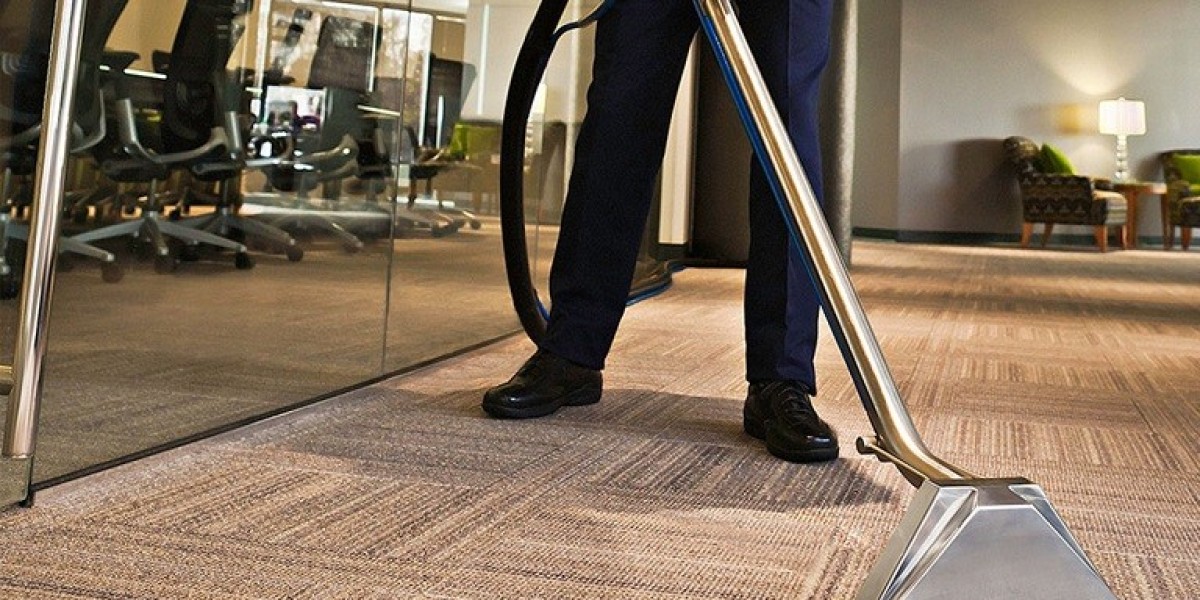The National Disability Insurance Scheme (NDIS) offers significant assistance by providing support through different funding categories, including consumables. But are you eligible to access them? How do you get started? This article breaks it all down for you—what NDIS consumables are, how eligibility works, what’s covered, and how to get the items you need with ease. If you're already part of the NDIS or planning to be, understanding this category could greatly enhance your independence and well-being. You can explore a wide range of approved NDIS Consumables available to meet different needs.
What Are NDIS Consumables?
NDIS consumables are everyday items that support your disability-related health and wellbeing. These products are typically low-cost and frequently used, meaning they need to be replaced regularly. They can help you perform daily tasks, manage health conditions, or maintain personal hygiene.
Examples include:
Incontinence aids
Wound care products
Personal protective equipment (PPE)
Nutrition and feeding items
Communication tools
Home testing kits like blood glucose or cholesterol monitors
Continence pads, catheters, and skin care products
Consumables fall under the "Core Supports" category in your NDIS plan, which means they are considered essential to your daily living. They are usually pre-approved and do not require separate assessments unless a high-risk or specialised item is being requested.
Who Can Access NDIS Consumables?
You are eligible to access NDIS consumables if:
You are an active NDIS participant: You must have an approved NDIS plan.
Consumables are included in your plan: Your plan must contain funding in the Core Supports budget category for consumables.
The item meets NDIS criteria: The item must be related to your disability, provide a benefit, and be value for money.
You manage your plan appropriately: Whether your plan is self-managed, plan-managed, or NDIA-managed, consumables can be purchased accordingly—though some providers may require self or plan-managed status for direct purchase.
If your plan doesn’t already include consumables, you can request a plan review and provide evidence supporting the need for these items.
What Types of Products Can You Get?
NDIS consumables cover a wide range of items, but everything must meet the “reasonable and necessary” criteria set out by the NDIS. Here are some of the common product categories:
1. Daily Personal Care Items
Items like gloves, wipes, hand sanitizers, and soaps are common, especially for those who need assistance with hygiene or have reduced immune function.
2. Continence Products
Incontinence pads, catheters, bed protectors, and related items are some of the most commonly accessed consumables, especially for participants with mobility or neurological challenges.
3. Wound and First Aid Supplies
People who are prone to injuries, pressure sores, or skin conditions often require wound dressing, adhesive bandages, antiseptics, and tapes—all of which may be covered.
4. Nutrition and Feeding
Items such as thickened fluids, feeding tubes, and related accessories fall under this category if required due to a disability or medical condition.
5. Monitoring Equipment
Self-management devices such as thermometers, glucose meters, and cholesterol kits can be included in your plan. A popular product in this category is the Best Home Cholesterol Test Kit Australia, which allows individuals to monitor vital health metrics from home with ease.
How to Include Consumables in Your Plan
When preparing for your planning meeting or plan review with the NDIS, it’s important to explain why certain consumables are necessary. Provide documentation or assessments from health professionals where applicable.
Step-by-Step Guide:
Assess your needs: Make a list of items you require on a regular basis and categorize them by function (e.g., hygiene, mobility support, nutrition).
Get supporting documents: Medical letters, occupational therapy reports, or GP notes can support your request.
Present your case at planning meeting: During your initial meeting or a review, discuss your needs with your planner and how these consumables help with daily living.
Get the plan approved: Once approved, the budget will reflect funding for consumables under Core Supports.
Choose your provider and order: You can purchase items through registered or unregistered providers, depending on how your plan is managed.
Buying NDIS Consumables: Your Options
After getting your plan approved, you have different ways to purchase consumables depending on your plan management style.
1. Self-Managed Plans
You can buy from any provider, even if they are not NDIS-registered. Keep all receipts and records.
2. Plan-Managed Plans
You purchase from a provider and your plan manager pays them directly. Providers don’t have to be NDIS-registered.
3. NDIA-Managed Plans
You must purchase from NDIS-registered providers. This can limit your choices slightly, but ensures NDIS compliance and ease of billing.
When selecting a provider, check if they offer NDIS-invoicing support, delivery services, and a broad selection of items that meet your specific needs.
How Much Can You Spend on Consumables?
There is no set limit on how much you can claim under consumables—it depends on what is outlined in your plan and your individual needs. However, the items must always align with the purpose of your plan and be justifiable.
Be sure to check:
Is the item low-cost (typically under $1500)?
Is it required due to your disability?
Is it used frequently or replaced often?
Does it fit within your budget allocation?
Over-purchasing or using funds for non-eligible items can result in issues during plan reviews or audits, so always stay within the NDIS guidelines.
What Isn’t Covered Under Consumables?
The NDIS will not fund items that:
Are not directly related to your disability
Are considered day-to-day household expenses (e.g., toothpaste, general cleaning supplies)
Are available through other government services (e.g., Medicare-funded equipment)
Have not been justified as “reasonable and necessary”
Always check with your plan manager or support coordinator before making purchases if you’re unsure.
Tips to Maximise Your Consumables Budget
Here are some tips to get the most out of your consumables funding:
Buy in bulk to reduce unit cost over time
Track your usage monthly to avoid overspending
Use reliable suppliers who understand NDIS invoicing and requirements
Look for multipurpose items that meet several needs
Take advantage of technology, like monitoring devices, which reduce the need for frequent doctor visits
Real-Life Example
Emma, a 42-year-old woman with multiple sclerosis, uses her consumables budget for incontinence pads, gloves, antiseptic creams, and a home monitoring device. By ordering monthly from a provider familiar with NDIS guidelines, she ensures everything is logged correctly and her products arrive on time. She even reduced her GP visits by using a home cholesterol and glucose monitor.
Conclusion
Understanding NDIS consumables and how to access them can significantly improve your daily living, health, and comfort. If you're eligible, tapping into this category of support can empower you to manage your needs more independently. From hygiene supplies to health monitoring kits, the range of available products is broad and growing.
Start by checking your NDIS plan today and speaking with your coordinator or plan manager. With the right approach and a little planning, you can make the most out of what the NDIS has to offer—one consumable at a time.








